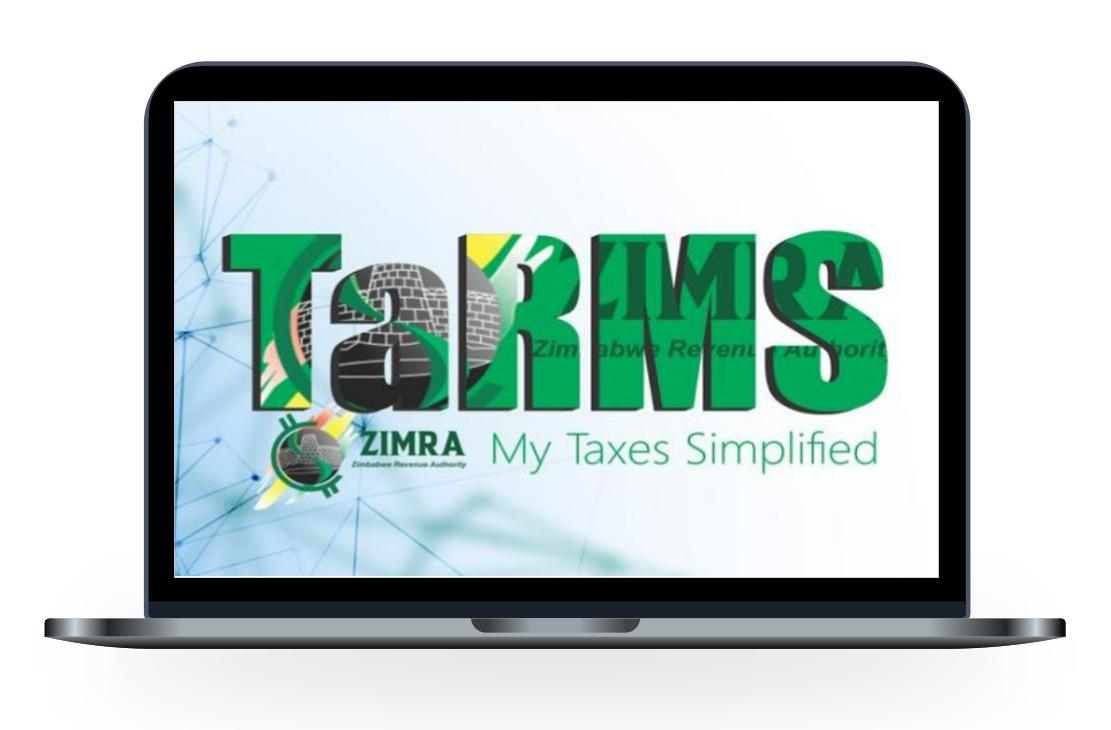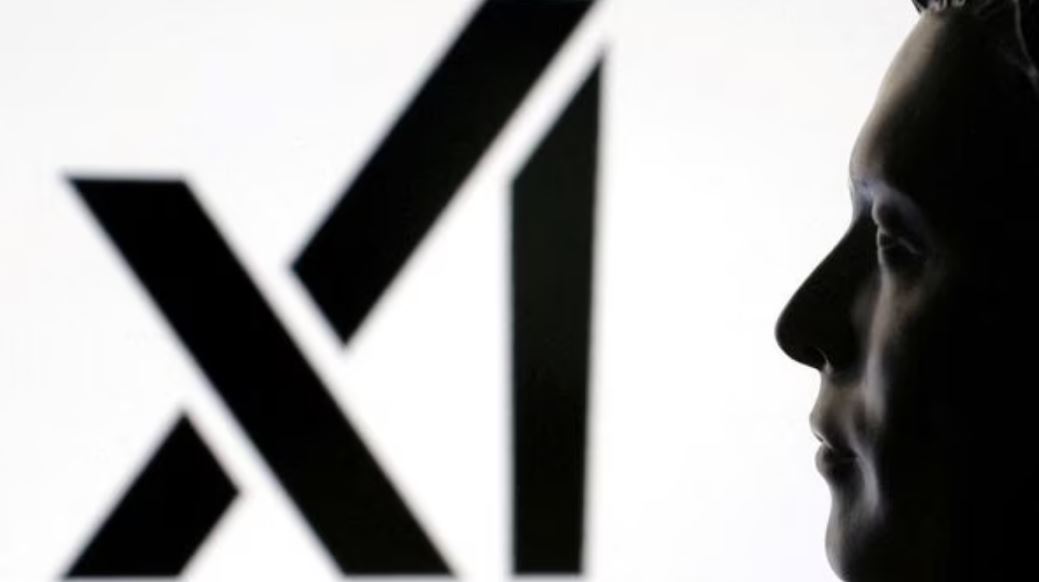Internet.org, the project from Facebook which facilitates free internet access to specific website and platforms, and is now working under the name of Free Basics, is set to be launched for the Zimbabwean market in January 2016.
This makes Zimbabwe the latest African country to be activated for the service which was launched in 2013 and first hit Africa in mid-2014 through a launch in Zambia.
This was followed up by launches in 18 other African countries which include Tanzania, Mozambique, Niger, Rwanda and Malawi. The service is available in 37 countries worldwide.
In each of these countries, the Free Basics service is facilitated through partnerships with mobile network operators that are willing to adopt the service.
The hope, from an operator’s standpoint, is that the free service will introduce a host of mobile broadband users who are ordinarily excluded from the benefits of the internet by its high cost to the power of online connectivity.
Currently, the internet.org team has been in talks with local content producers and proprietors of online platforms, sharing the value proposition of signing up their platforms on to the service.
Information on which mobile operators are going to be onboarding free basics hasn’t been shared yet though it would seem that Econet and Telecel would be likely candidates. Both have dabbled in free access services of sorts before.
Telecel had a Facebook Zero service which offered free access to the social media platform while Econet launched Econet Zero – a bouquet of free education sites that included Wikipedia, which has also been offered under every Free Basics plan. There has also been the BiNu service which also affords subscribers free access to some online properties.
In all these instances, there were conditions placed on the free content which included the inability to access videos, the absence of VoIP features, “feature phone friendly” content that doesn’t require JavaScript or SSL/TLS/HTTPS and low-resolution images or no images at all (as was the case with Facebook Zero).
These are conditions that have been extended in one way or the other to Free Basics as well and are likely to be requirements set by mobile operators that want to whet new internet users’ appetites and expose them to the awesome nature of the web, without giving away the whole farm in the process.
Who wins and who loses in all this?
From a Zimbabwean internet user’s perspective, there is some benefit that comes from Free Basics. The absence of price regulations for internet services has made broadband a rather pricey utility, creating apathy from users who haven’t been exposed to the convenience of the internet.
Rather than the internet being an accessible tool and platform, it’s perpetually tagged as an expensive indulgence, something that justifies efforts by Facebook and every other broadband access crusader. In theory, Free Basics is supposed to help push down the socio-economic barriers that come with this challenge.
A free internet, or the illusion of one, could help grow internet use in the long term, creating traction for other web-based services that become open to a new set of users, something that can help future business cases where overall internet access shoots up.
At the same time, the opportunity for any web platform owner to place their content on a free platform could help some services to appreciate the benefits of an online presence, either through sales, authority and visibility.
However, all this is quickly knocked down by the Net Neutrality argument. Internet.org and Mark Zuckerberg, the founder of Facebook and champion of Free Basics, have faced most of the backlash that has come from net neutrality proponents who have argued against an incomplete internet experience.
In India, there was pushback meant to prevent Internet.org’s net neutrality violations when it was first announced that it was set to launch there. Now, there is a rising wave of discontent being aired by the same proponents who argue that the Free Basics approach which offered some compromise is still offering Indians a bastardised version of an internet experience.
In Zimbabwe’s case, the aspect of net neutrality violation won’t be any different, especially when one considers how the mobile operators are the ones who determine which platforms and sites get to be green lit for Free Basics.
If the Free Basics service is paired with existing internet services like the Facebook and WhatsApp bundles, this effectively herds Zimbabwean internet users into specific silos, creating barriers for other services that local net citizens have yet to experience.
There is a lot more to the internet beyond Facebook and the handful of services that will be provided for free via Free Basics. An organic exposure to the internet could help Zimbabweans who don’t use the internet see that. However, with Free Basics and every bundle in the way, some folks will never see beyond those walls.














Comments
20 responses
Certainly hope what they are trying to bring will succeed.
This more like a jump start to the “unconnected” ones.And as for those who complain about its incompleteness it is the same old story – they must ” put their money where their mouths are” . Talk is cheap – literally.
I don’t have any issues with this organisation – besides the name & fake philanthropic messaging. The walled-garden experience they provide is limited and is nothing like the Internet, so “internet.org” is plain false advertising.
These “partners” should be careful as well, Facebook only cares about Facebook and they have a record of changing the rules if it gains them more money (you now need to pay to reach your likers). He who sups with the devil should have a long spoon.
Here comes the poor internet for the poor! In India, apart from the net neutrality issues the other complaint was that of how dan slow the connection is! Besides, Facebook ultimately decides what you can access, and now, let’s be frank, FB is not a charity organization, there are in to please their investors. What internet.org will virtually do is make FB the internet for the poor! I think what they could have done is to invest more or work with infrastructure providers to make sure that internet connectivity in its entirety is more ubiquitous and affordable for less developed communities, not to have a poor internet for poor people. My 2 cents!
I think its an exciting thing really I just want to see how it is going to be handled by the Zimbabwean community
My first impression was that facebook was going to build infrastructure s like satellite internet access then give free access to anyone who can.
So they want to pig-back on Service Providers like Econet under the free guise, offer million free facebook accesss, inside facebook companies pay millions to advertise to have access to its users.
What is there for Service Providers whose infrastructure facebook is going to ride on? Facebook will be making millions per day from those users who are going to buy from facebook advertised companies.
Run Econet, Telecel, Netone run! Run away with your infrastructure before you get sucked out of life.
At least Google is doing something right from the start, check its google loon project: https://www.google.com/loon/
Fesibhuku ikuda kuita kachikwete kanongosveta apazve kakatakurwa kachiguta kega!
Actually facebook pays for the bamswidth and support so the networks are now assured of x revenue a month,
Not true. Facebook does not pay the operator for bandwidth. Here’s how the scheme works. Facebook partners with a telco—in India’s case, Reliance—and offers free access to Facebook site and a small group of other sites. Facebook does not pay the telecom company but the social networking giant does put money behind promoting the service in public—which is some sort of an indirect promotion of the operator because the service is only available through them.
Whilst the idea of Free Basics will bring loads of bebenfits, there are issues we need to worry about, you can read my post about some of these things here:
http://tawandamashava.blogspot.com/2015/12/facebooks-free-basics-other-side.html
and feel free to leave your feedback
Nothing for free.
Just a name like IMF or World Bank.
All profit making.
FB’s ultimate currency is users and multiplying the number of eyeballs on their adverts.
There is zero goodwill in it.
Local content will be dead before it even starts walking.
In as much as someone is to gain or lose in this you are forgetting that its not an issue of only free internet, the end game is providing people access to information even those who cant afford. Buying a newspaper costs $1, subscribing for dstv can cost you at least $10, even watching television requires a license. This will leave a large group of people with no access to information, depending on someone else to give them the news by word of mouth , if they do come across a person with such information.
So when one is able to access free information, definitely thats a positive to the community, think of a student that can not afford to go onto the internet getting access to an ad on a scholarship for free without having to pay a cent, think of getting to send a message to your family when you cant afford recharge your phone, think about being able to have a group meeting on facebook regardless of who can afford to or not, think about how free access to communication will change everything for all communities, Your worry about people having to pay for information on HIV, drugs, farming tips etc, that can all go away because the information can be provided for free and it can be access for free.
I personally don’t see just people losing of gaining, I see peoples lives being changed.
Brighton, the problem is that the ‘information’ you refer to is filtered by facebook. Its like having one tv channel in a country, where the information that is broadcast is filtered by a political organisation (oh wait, i know such a place…). Contrast that to a country with many channels where peeps choose what they want to view.
this free internet probably wont have techzim or tvyangu on it, saka chabuda hapana.
It will never make sense to you
True Jeksen , that you wont have techzim site, but the techzim facebook page will be available for free, bbc facebook page will be for free, u can’t have it as is being free, but u can use the channel that will have been made available to the best you can, if you where used to going to techzim site , u can still know whats happening by going to the fb page and the same applies to everything else,
Thats what it means when people talk of changing the world, people will actually change the way they have been communicating because of this.
Imagine what happened when google started with free email, how that changed everything in the email services where only those who could pay could access email,
So if you cant make it work to your benefit, don’t expect someone else to do it for,
This program can only be as useful as the people using it.
I don’t believe Zimbabweans are not intelligent enough to be able to use this service to their advantage.
Briton, simply put, facebook is in this for money, but they dont want to pay for the infrastructure they are going to use!
On top of that they want total control of that free internet.
Africans do not have a sense of identity and originality. Ever wondered why these companies were banned in China? So that the Chinese can build one themselves. Now listen to what you are saying. You want indigenous companies like Techzim to close down because the advertising space they get paid for is instead paid to Facebook. Same goes for all other tech-related businesses that will be accessed via Facebook.
This whole idea is a threat to not only startup’s but other established businesses as well and open nature of the internet. Let us do what other countries are doing e.g. Egypt who have blocked Free Basics.
Thats not why China banned Facebook bro.
i have many chinese friends, and they aay the gvt knows facebook will give the people a voice to uprise like in Egypt where FB was uses to organise riota and eventually a revolution……
if facebook was to be allowed, the Chineae gvt wants to have control over what people share and view.
Why are we always so eager to receive these handouts?
Why do some of us receive with asking any questions? From past experience, especially for Africans, there is nothing for free that is given unto us. Free basics is an entry point for Facebook to gain its next billion users. From there, other means to lock users onto the limited internet will be devised and users will find they are unable to leave the rat-race. All the while, Mark and the rest of the Facebook team rack in millions and billions whilst we get free internet access? Is that a fair trade off? I doubt. Let users choose for themselves which internet they need.
”…Why are we always so eager to receive these handouts?..”
Simple:
1. Donor mentality
2. Extreme laziness
From the above, i dont support beacause they dont truly support net nuetrality, i am in one of technology groups members on whatsapp and would like to ask techzim about this and i quote
” THE REVOLUTIONARY INTERNET ALTERNATIVE -HICLICKER
I am proud to announce that hiclicker, a new internet alternative has been launched in RUSAPE and in beta, we are currently connecting in Harare, Chitungwiza and Gweru were u can access unlimited internet inside hiclicker.com canvas for just USD $10 & $10 reg for one month at around 2mb/s during the day and 8mb/s to 110mb/s at night depending with access device and will be $10 , every month APP or CALL +263773036097 Bulawayo, Masvingo, Gweru, Vic Falls, Beitbridge, Kariba you are NOW connected .Our Hiclicker Team is in Zambia working hard to connect you on one click”
if this is true innovation then i think this guy would probaly be one of those internet.org competitors bacause his bouquet is open for all websites inside his hiclicker.com canvas and on unlimited package where the speeds are very high. techzim.co.zw review us more about hiclicker.com and its services , most of us are in dark although some of my friends are using his service. lets support him.hes Zimbabwean.